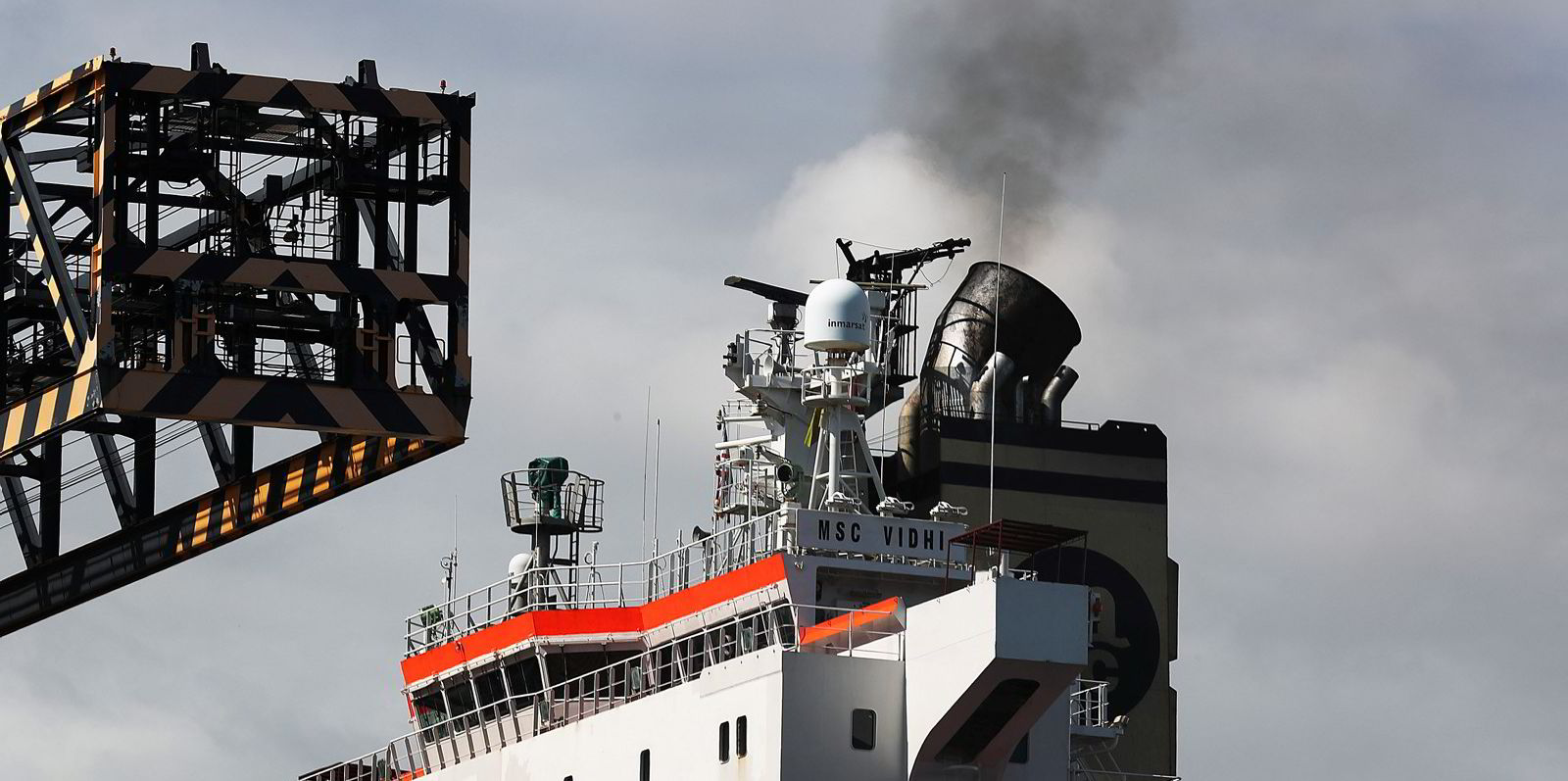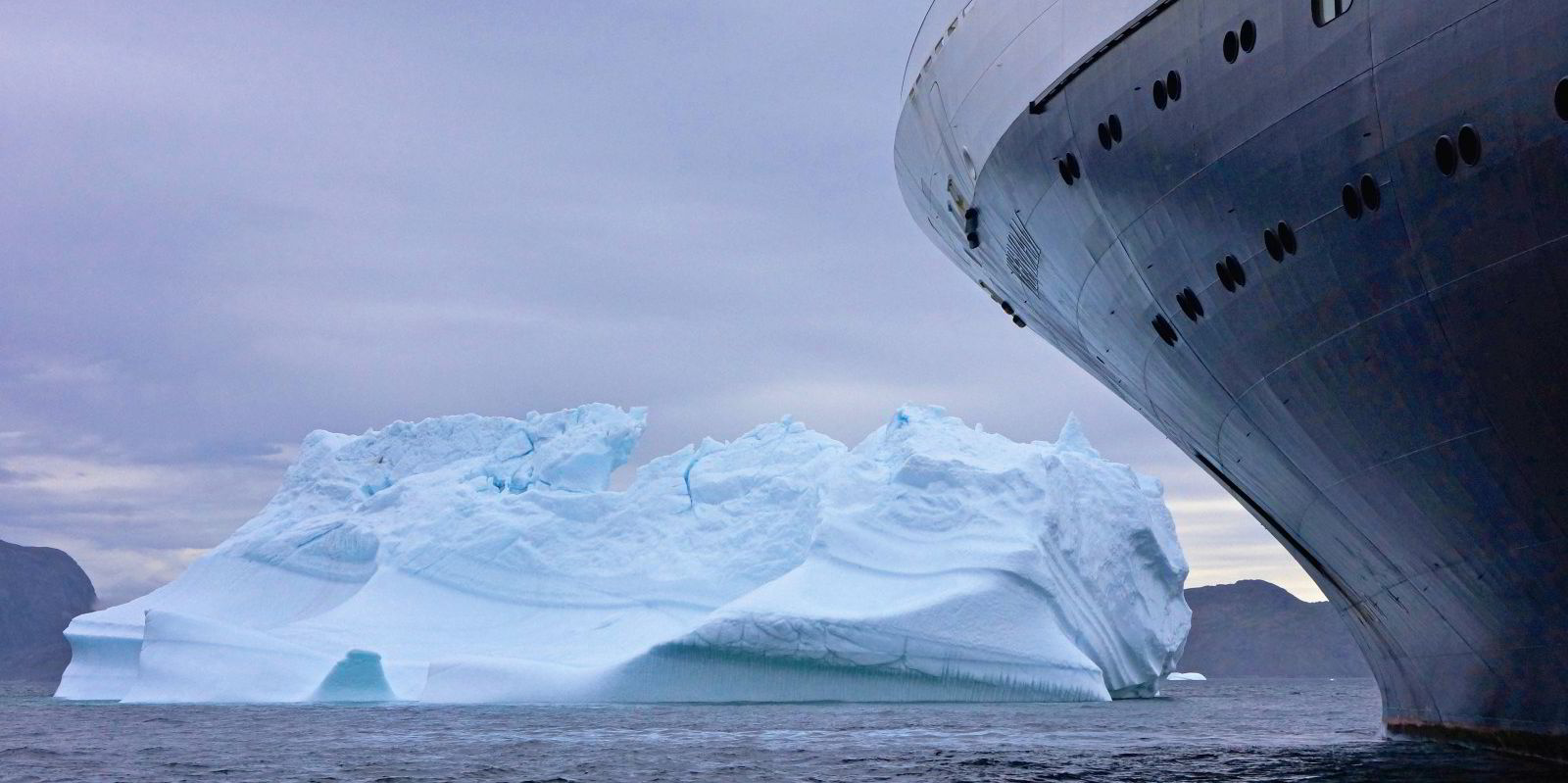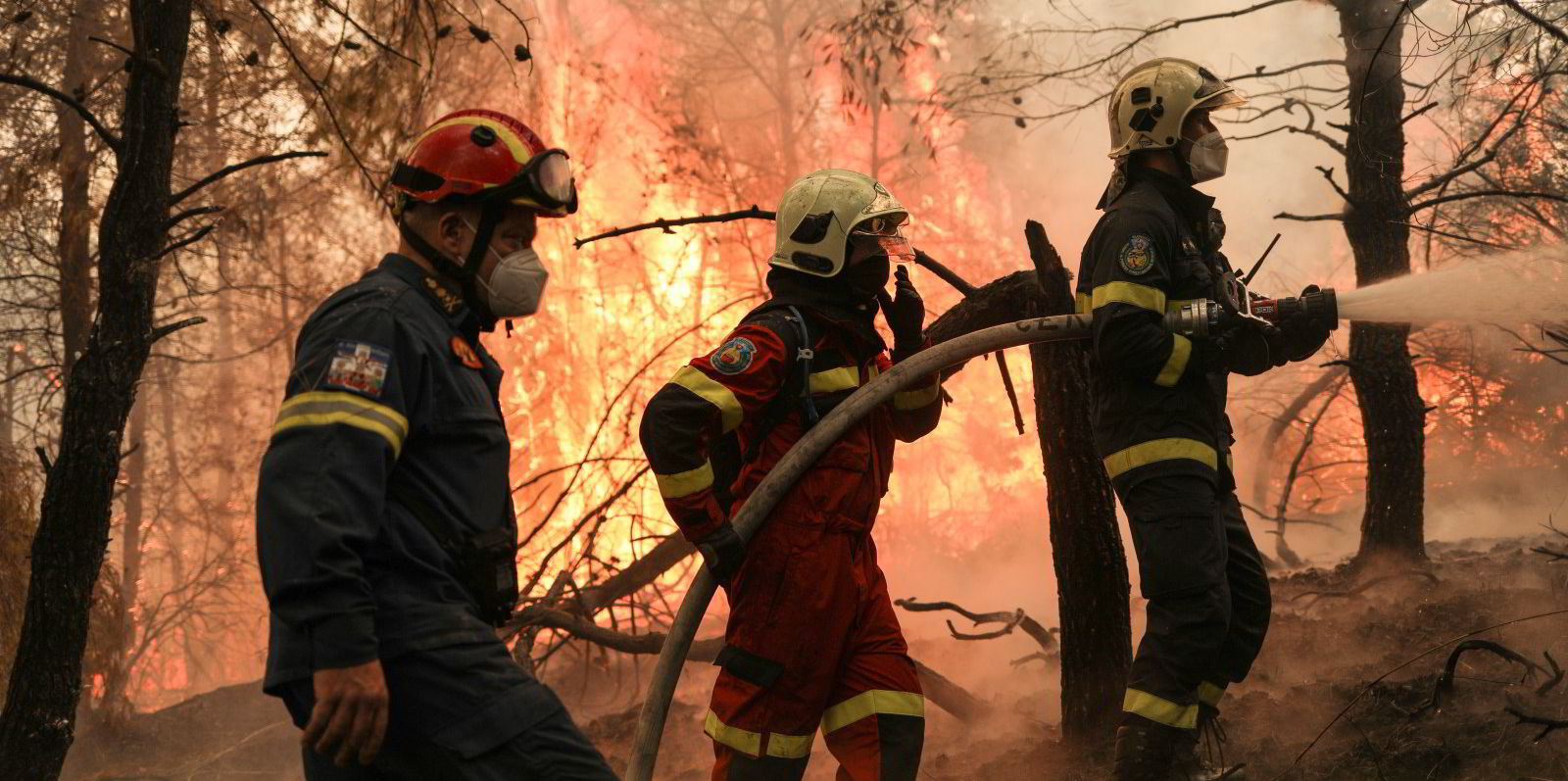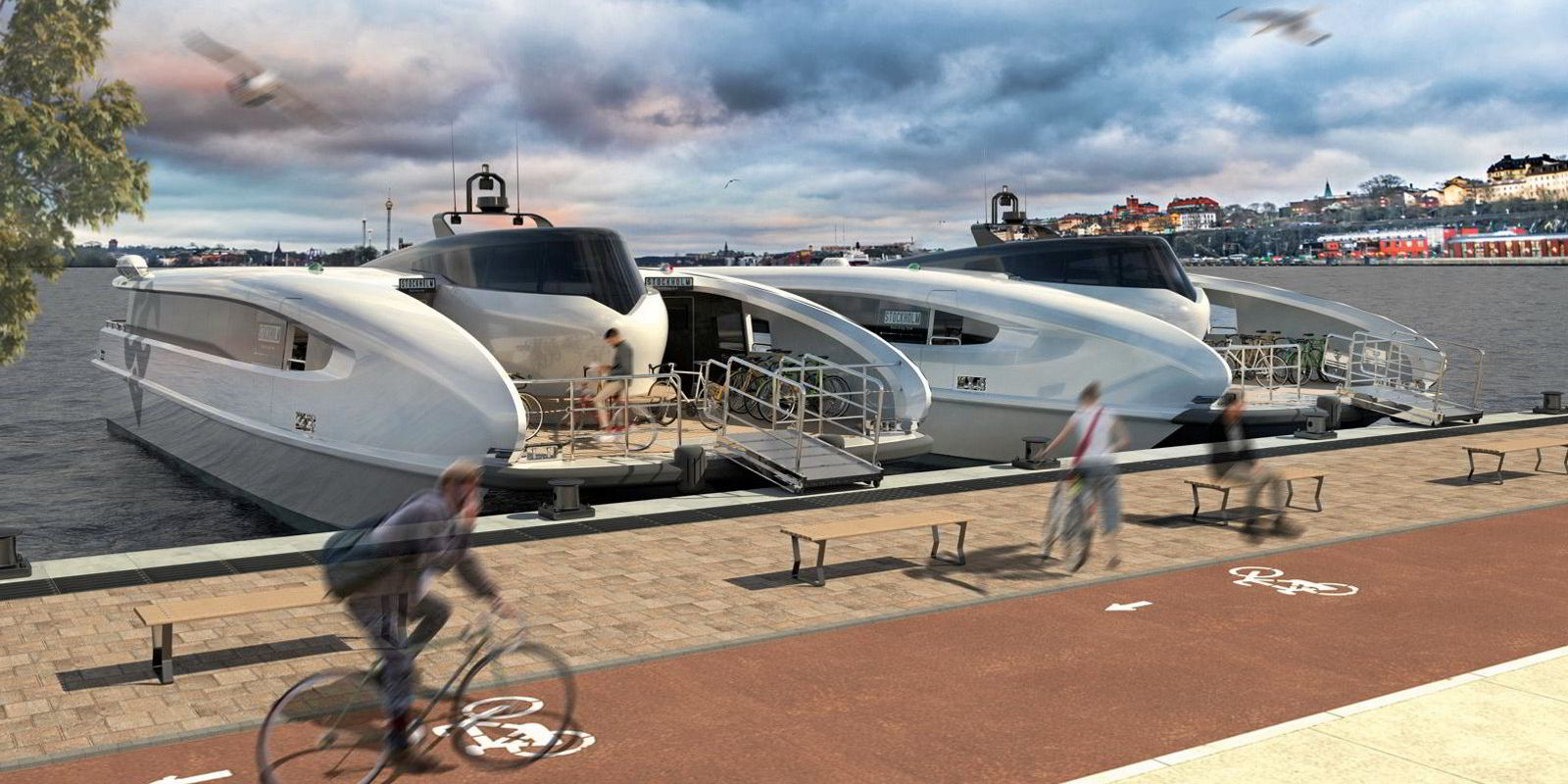A report from a United Nations body outlining the threat of climate change has highlighted the urgency of the need to tackle shipping's carbon emissions.
Several shipping industry stakeholders said the contents of the report by the Intergovernmental Panel on Climate Change (IPCC) did not reveal problems that were not already known.
But its emphasis on the need for immediate action to prevent global warming from exceeding the 1.5C from pre-industrial levels underscores the need for governments, international bodies and the private sector to move forcefully to cut carbon from shipping.
That includes efforts by the International Maritime Organization to meet its decarbonisation targets.
Oysten Jensen, chief sustainability officer at shipowner Odfjell, said: “We believe that the only solution is zero carbon. The IPCC report underlines the urgency and encourages us — and hopefully also [the] IMO and our industry as a whole — to increase our pace towards reaching zero emissions.”
The IMO has rolled out short-term measures to tackle carbon emissions by ships at sea, but the IPCC report comes as discussions continue over how to cut output by 40% by 2030, compared with 2008 levels.

Simon Bennett, deputy secretary general of the International Chamber of Shipping, said: “I think everyone in the industry, both shipowners and its regulators, is already well aware of the urgency and ambition required to decarbonise shipping.
“But the new report underscores the vital need for the IMO to establish the $5bn R&D [research and development] fund proposed by the industry as soon as possible as, if technology readiness levels are not increased rapidly, achievement of the IMO targets will look increasingly implausible.”
The IPCC declared that the findings of the report by hundreds of scientists represents "code red for humanity", with the forecast that the Earth may warm to an average of 1.5C much sooner than previously expected — in 2040 or earlier.
That will make it harder for the world to reach the Paris Agreement's goal of limiting that temperature rise to 1.5C, or at least below 2C.
US-based John McCown, the Blue Alpha Capital founder who is also a former container shipping executive, said the report should be a “stark warning for everyone”.
Ammunition
Tristan Smith, a reader in energy and shipping with UCL Energy Institute at University College London, said the report "validates and reinforces" previous IPCC findings of the dangers of climate change.
The improvements and increased scientific certainty will provide more ammunition to challenge governments and companies that are failing to live up to decarbonisation goals.
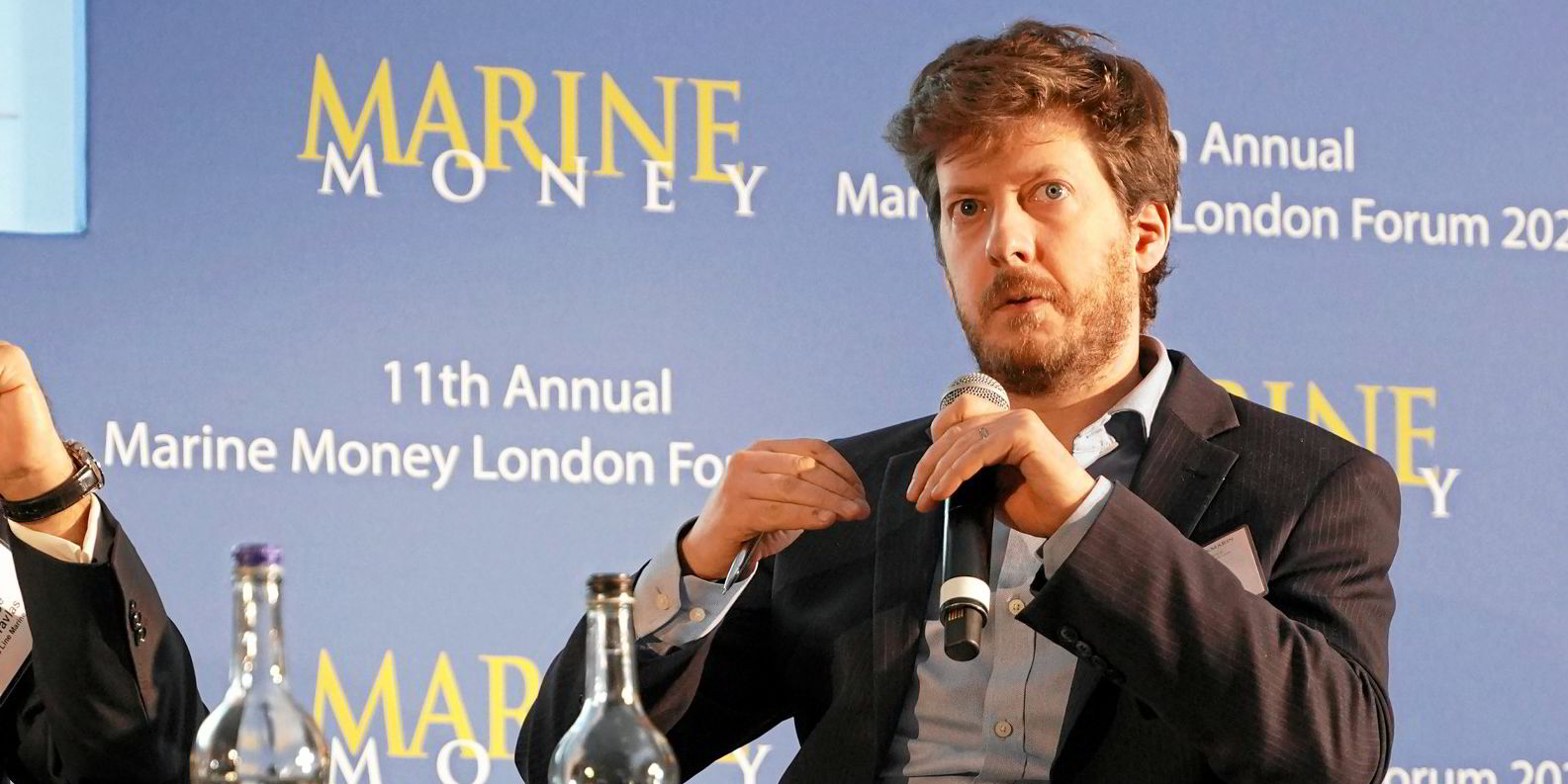
That the world is already 1.1C hotter and is hurtling towards 1.5C temperate growth is important to the "politics of action" to mitigate greenhouse gas emissions.
"We are now extremely close to exceeding thresholds that have been widely committed to by governments and corporations to defend and, given the climate dynamics already in motion, we are very unlikely to be able to avoid, " he said.
This means there is no legitimate argument that there is still time to consume fossil fuels, Smith claimed.
Too late
"We are already too late to avert dangerous climate change and can only now manage the amount by which we overshoot our stated target," he said.
One key takeaway for the researcher is the focus on methane — the key ingredient in natural gas and a potent greenhouse gas.
“The consequence of these clarifications is further impetus to regulate methane at all points of its emission, both in the production and use [eg in shipping],” Smith wrote in an emailed response to questions from TradeWinds.
He argued that government moves to tackle methane emissions could lead to increased costs for using LNG as a fuel.
For some in the shipping sector who are already focused on greening their operations, the implications of the IPCC report's stark conclusions also represent an opportunity to differentiate.
Roger Strevens, vice president for global sustainability at Norway-headquartered car carrier operator Wallenius Wilhelmsen, said the IPCC report adds justification for the company's proactive approach to environmental issues.
"The imperative for action has never been clearer, but what may be less widely appreciated is correspondingly huge scale of opportunity for ‘good business’ that it entails," he said.
"There will still be shipping after the climate emergency has been addressed, so companies’ strategy and attitude are all."
Taking the initiative to address climate change is a foundation for success, Strevens said.
